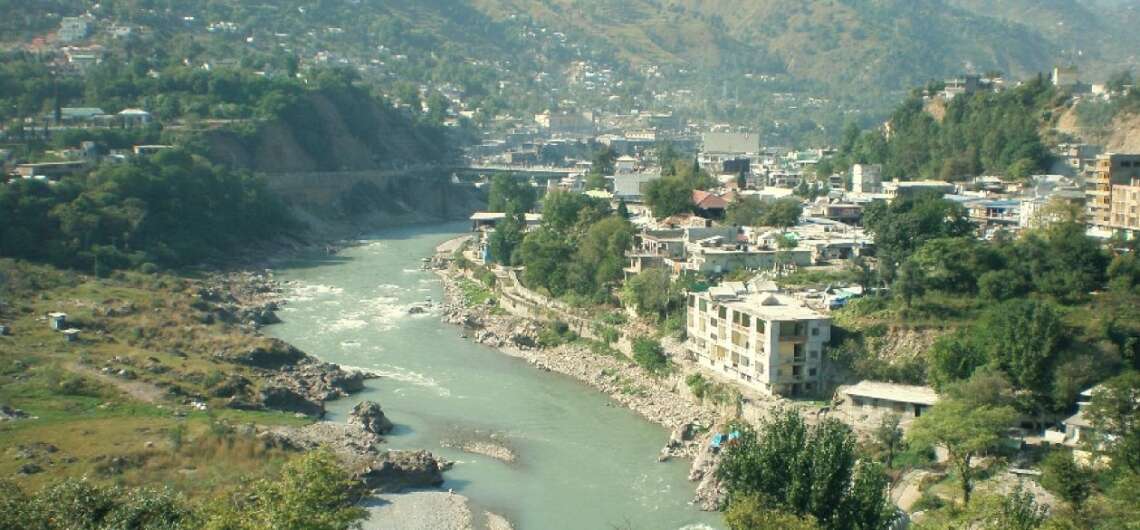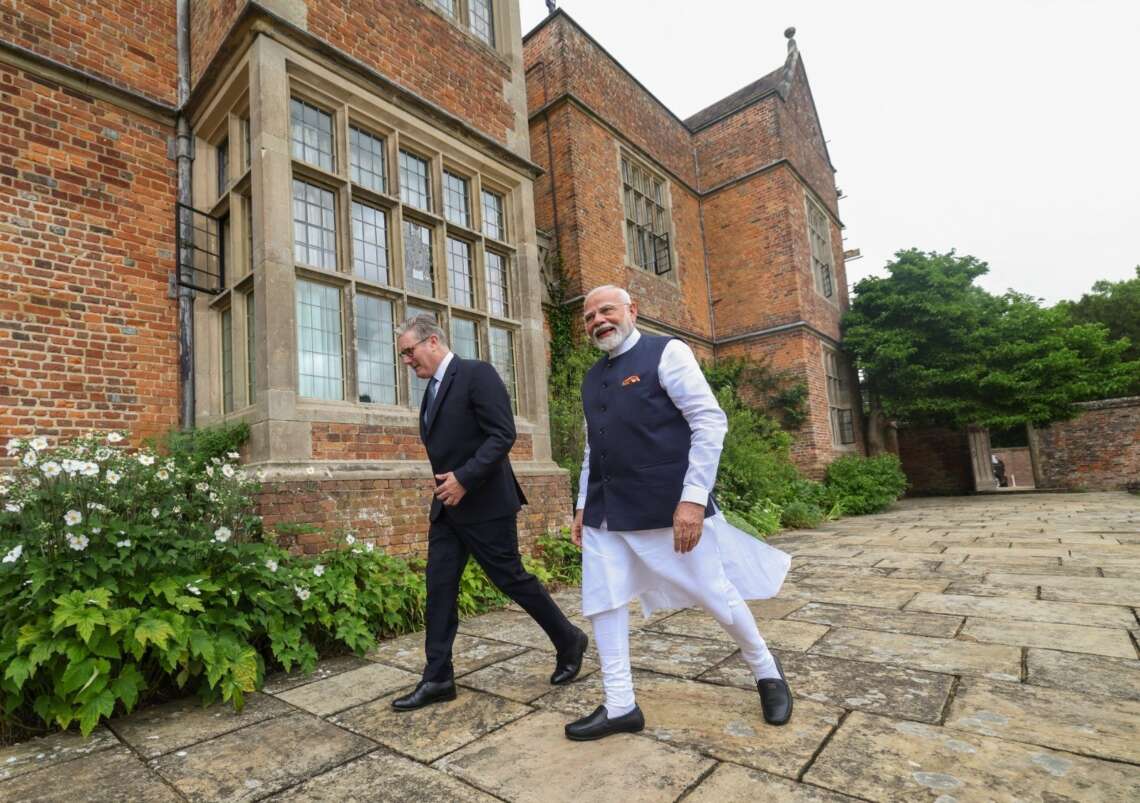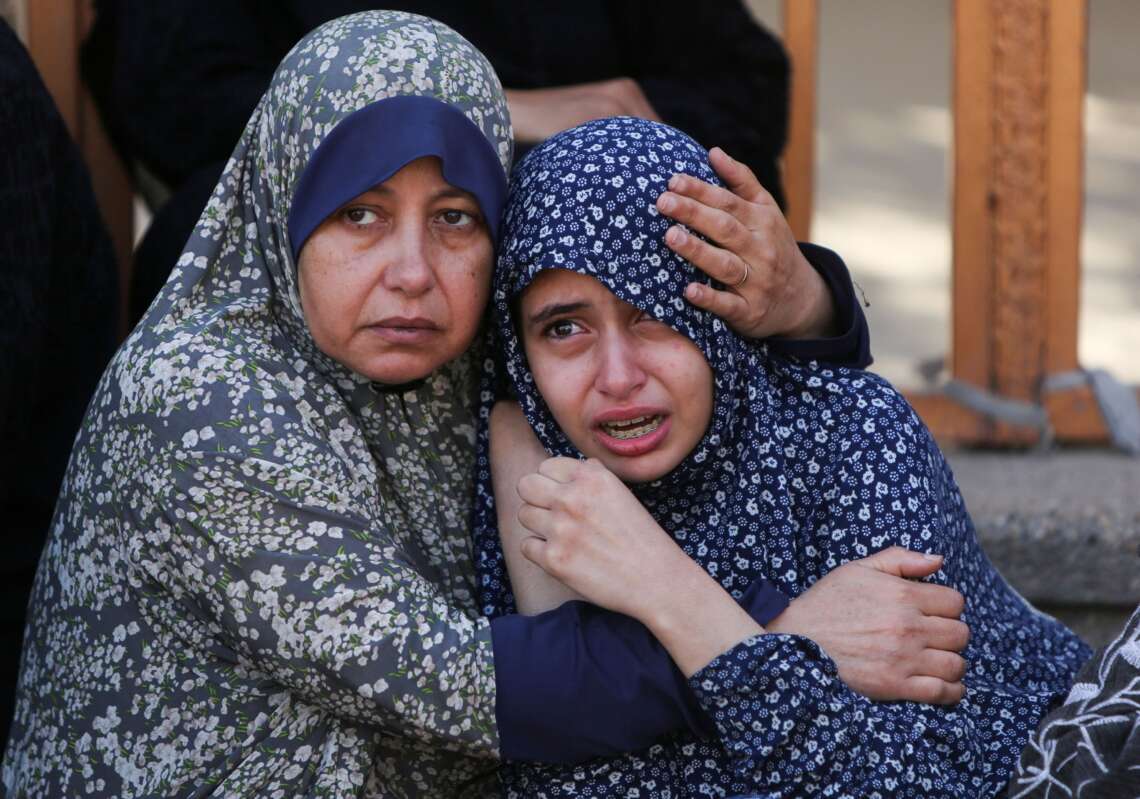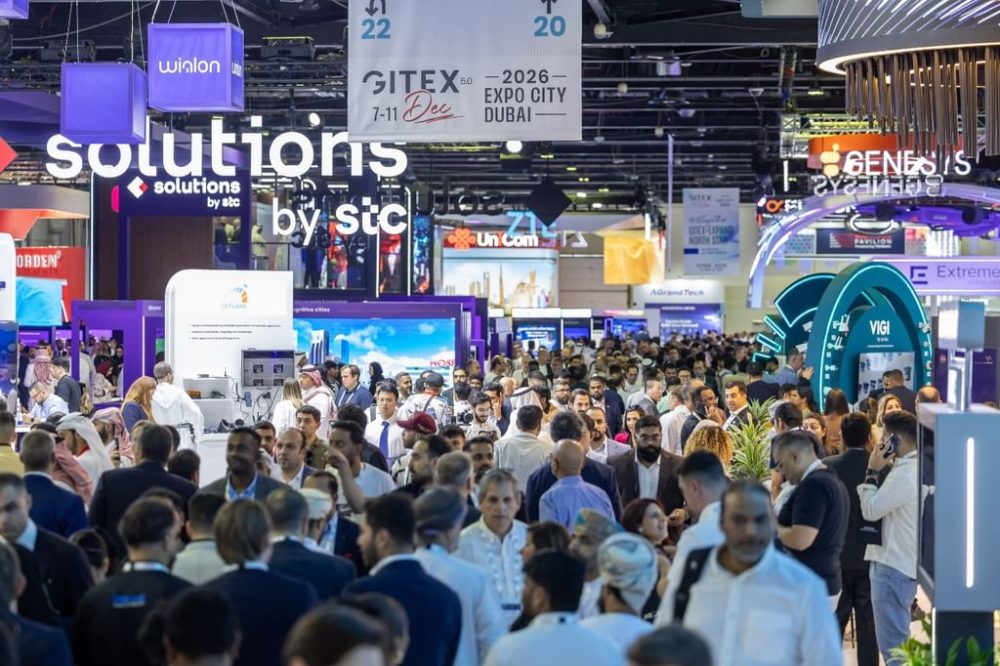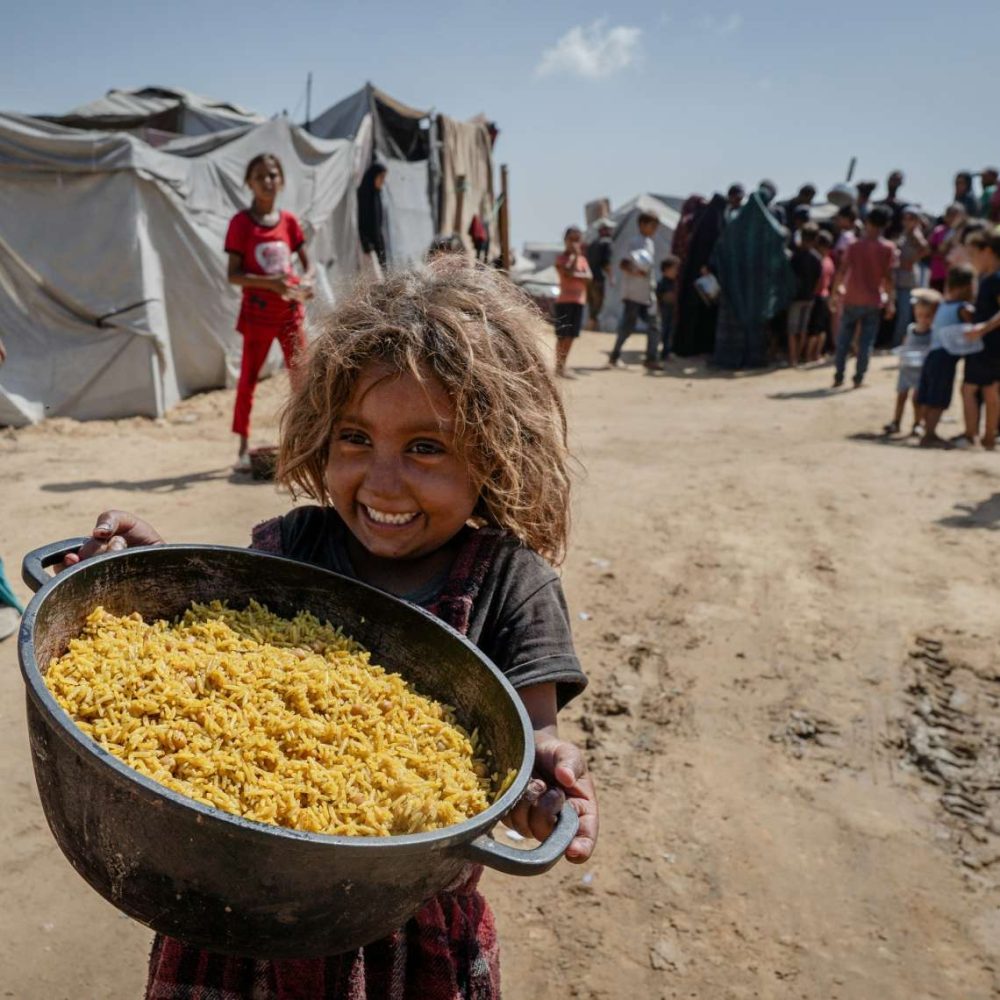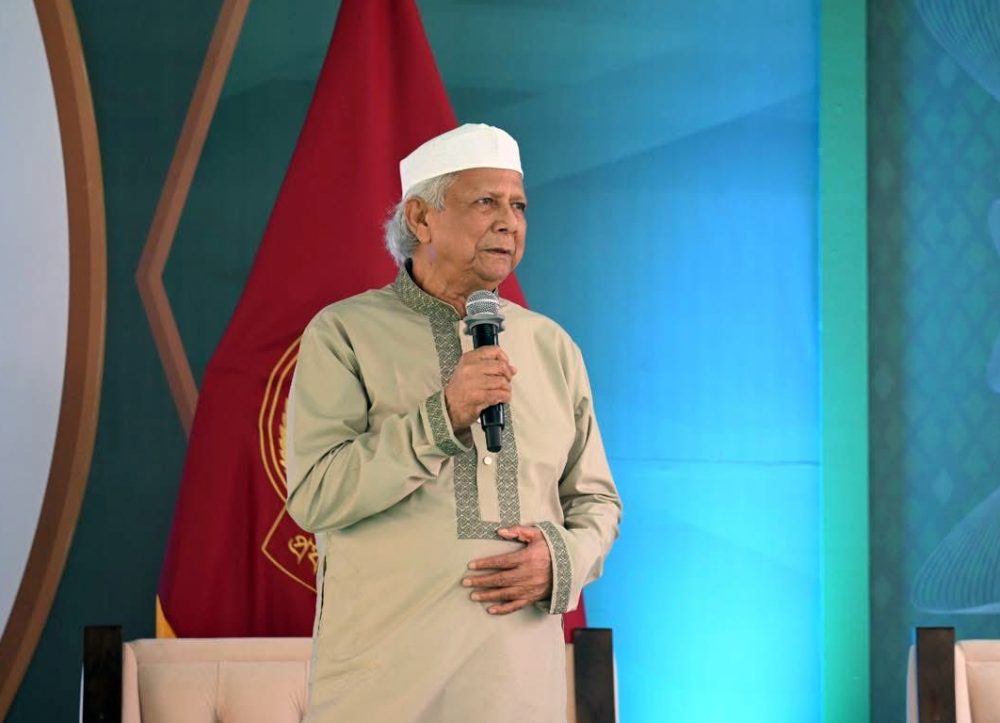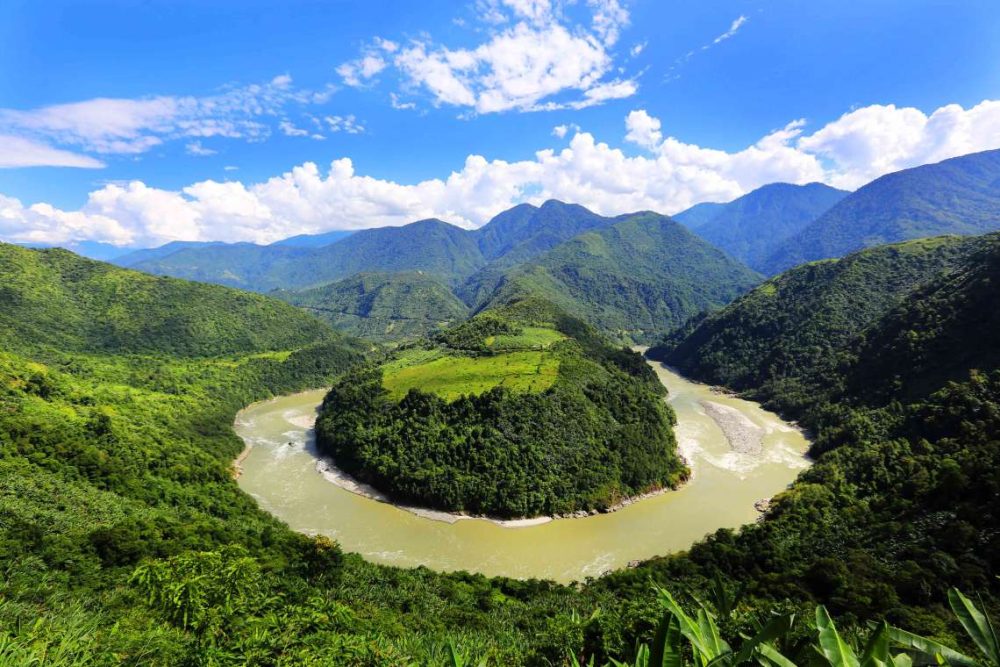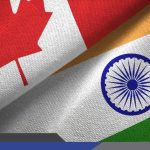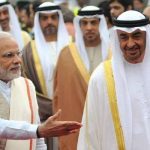Notwithstanding Pakistan’s claims of prosperity in PoJK, an analysis of socio-economic developmental indicators clearly reveals a stark contrast with the Union Territory of Jammu and Kashmir under Indian administration, a report by Vinod Tikoo
Pakistan’s narrative of security and prosperity in PoJK compounded with allegations of human rights violations in the Indian administered part collapses in light of actual data and statistics.
1. Human and Economic Development
The PoJK annual developmental budget, as evident from the Annual Development Programme for 2025-26, has an outlay of PKR 49 billion. In contrast, the J&K budget for 2025-26 is INR 1,12,310 cr. A normalized comparison of the budget per-capita, in dollar terms, is as shown below:
| Parameter | PoJK | J&K (India) |
|---|
| Budget (2025–26) | PKR 310 billion | INR 1,12,310 crore |
| Budget (2025–26) (USD) | USD 1,771 million | USD 12,909 million |
| Population | 4.5 million | 12.5 million |
| Per-capita budget (USD) | USD 393 | USD 1,032 |
The per capita spending by India (USD 1032) is nearly thrice of what is spent by Pakistan (USD 393), showing the intensity of the scale of development works being undertaken by India in the region.
2. Education and Livelihood
The Government of India has made significant investments in the higher education sector in J&K. As of now, there are nine State Universities and two Central Universities in J&K. In addition, there are four premier Institutes of National Importance including the Indian Institute of Technology (IIT) Jammu, Indian Institute of Management (IIM) Jammu, National Institute of Technology (NIT) Srinagar, and National Institute of Fashion Technology (NIFT) Srinagar. A campus of the All-India Institute of Medical Sciences (AIIMS) has also been inaugurated in Samba with another campus at Awantipora in the pipeline. Separately, there also are 11 medical colleges and 14 engineering colleges in J&K. In comparison, there are currently seven universities in PoJK and four medical colleges.
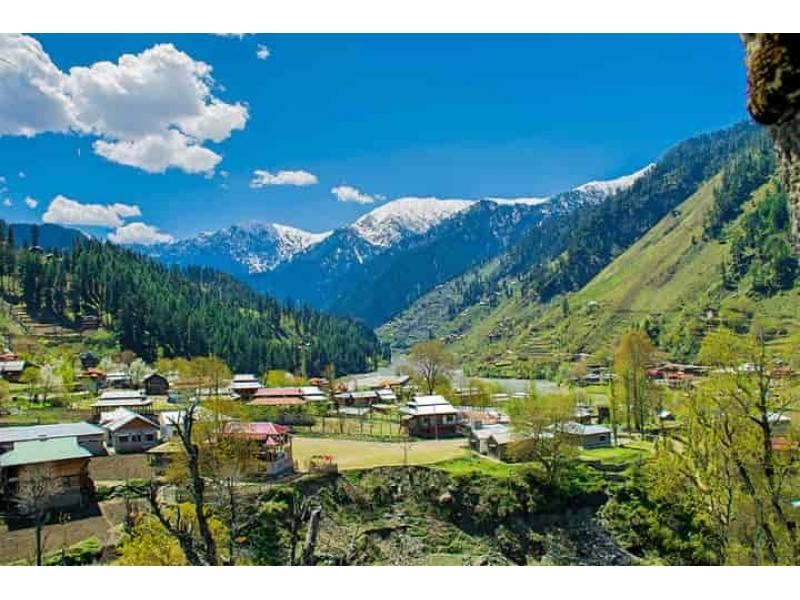
PoJK struggles with severe unemployment conditions as, due to acute underdevelopment, there are no private jobs and educated youth are left with limited options. Nearly one-fifth reservation in jobs for ‘refugees’ and their descendants migrated from India creates further complications. There is little scope for the youth besides joining either government services or Pakistan Army’s Northern Light Infantry.
There is a significant shortage of qualified teachers in PoJK. The existing teachers are often underpaid and lack proper training, which affects their ability to deliver quality education. The government is trying to address these issues by establishing Danish schools, but these initiatives are not enough to meet the growing educational needs of the population.
3. Health
The condition of healthcare is dismal in PoJK. There are only 73 hospitals and health centres in PoJK (24 hospitals and 49 health centres). There are 4,916 people covered by each doctor in the state, much lower than the recommended doctor-population ratio of the World Health Organisation (WHO).
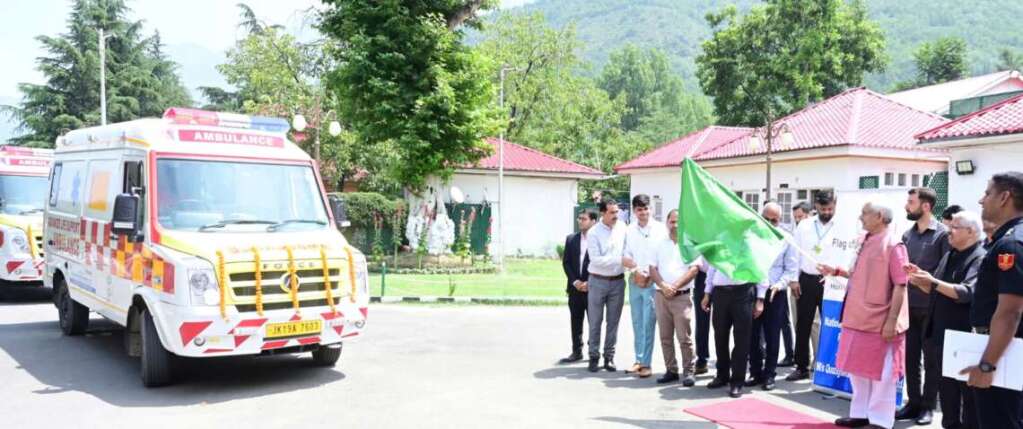
In contrast, there are at least 5,534 health institutions (4,433 government and 1,101 private) in J&K. The doctor-patient ratio in the state is one doctor per 1,658 people as against WHO’s recommendation of one doctor per 1,000 population. The Infant Mortality Rate (IMR) in J&K is 23—three times less than that of PoJK. A year ago, J&K was ranked number one in the country for reduction in IMR by eight points in a single year. The government plans to bring the rate further down to single digits.
4. Restrictions on the Freedom of Religion or Belief
Pakistan’s Constitution defines who may be considered to be a ‘Muslim,’ and this definition is often used to discriminate against the minority Ahmadiyya community. The northern areas, especially in Gilgit Baltistan, have a sizable Shia population, and incidences of sectarian clashes are often noted. In contrast, the Kashmir valley is predominantly Muslim, while in Jammu division, Hindus and Sikhs are also present. The society in Jammu and Kashmir is significantly religiously diverse.
5. Political Governance
PoJK and GB do not have any direct autonomy in governance and are directly controlled by the federal government. The ambiguity over the status of PoJK and GB has deprived them of representation in Pakistan’s National Assembly and Senate. The budgets of these regions are also controlled by the federal government. Consequently, the local communities in both these areas do not have control over natural resources present there. Political leaders and activists from these regions have recurringly demanded greater control over local natural resources, especially mines and minerals, considering that they are exploited by Pakistan at large while the people of PoJK and GB continue to face economic hardships.
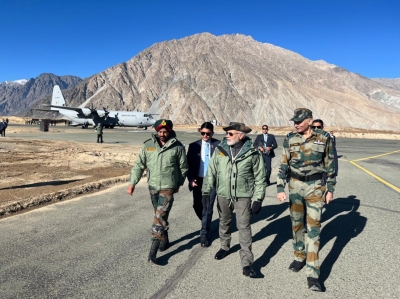
In comparison, people in Jammu and Kashmir, especially after the abrogation of Article 370 in 2019, are represented at par with the rest of the country in both houses of the Indian Parliament and in the union government in New Delhi.
All the three major national parties, i.e., PPP, PTI, and PML-N, are operative in PoJK and GB. However, in recent months, the activities of the Awami Action Committee have become conspicuous in both PoJK and GB. In PoJK, the Joint Awami Action Committee led by Shaukat Nawaz Mir has been successful in persuading the government to accede to its demands, while in GB, the federal government has attempted to suppress the local Awami Action Committee by detaining its senior leaders like Advocate Ehsan Ali for long durations.
6. Enforced Disappearance and Arbitrary Detentions
There are multiple reports and information on enforced disappearances of people from PoJK whose fate and whereabouts continue to remain unknown. The people of PoJK, including journalists, activists, and politicians, have been subjected to enforced or involuntary disappearances. Some cases of alleged enforced disappearances have also been reported from areas close to the LoC that are under the administration of Pakistani armed forces. Recently in May, the Pak forces executed the extra-judicial killings of two PoJK youth Zarnosh Naseem and Jibran Naseem near Rawlakot and attempted to portray it as a terrorist encounter.
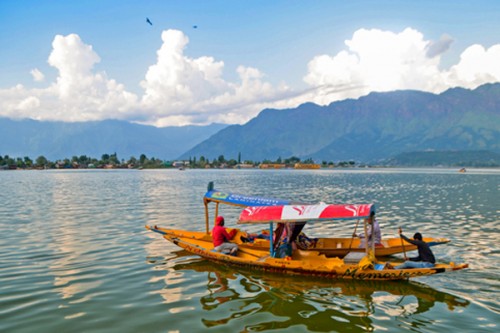
The United Kashmir People’s National Party (UKPNP) has raised its voice against kidnappings and disappearances of politicians and activists in PoJK and GB. This issue is increasingly being highlighted by the Awami Action Committee as well.
7. Constitutional and Democratic Rights
PoJK and GB are not mentioned in Article 1 of the Pakistani constitution, which defines the territorial scope of Pakistan. The dubious Karachi Agreement of 1949 is the only document that connects Pakistan with these regions…


